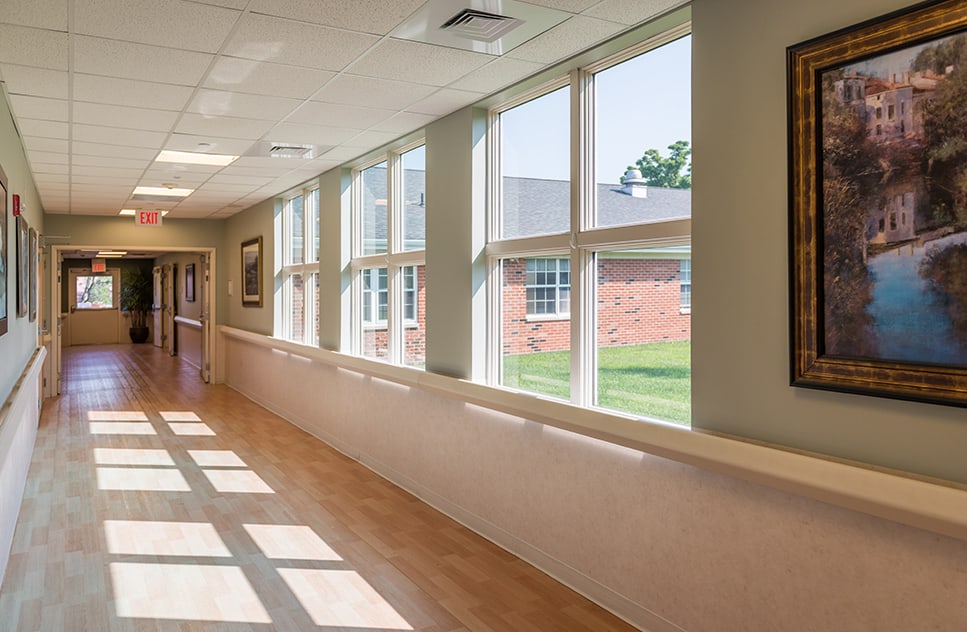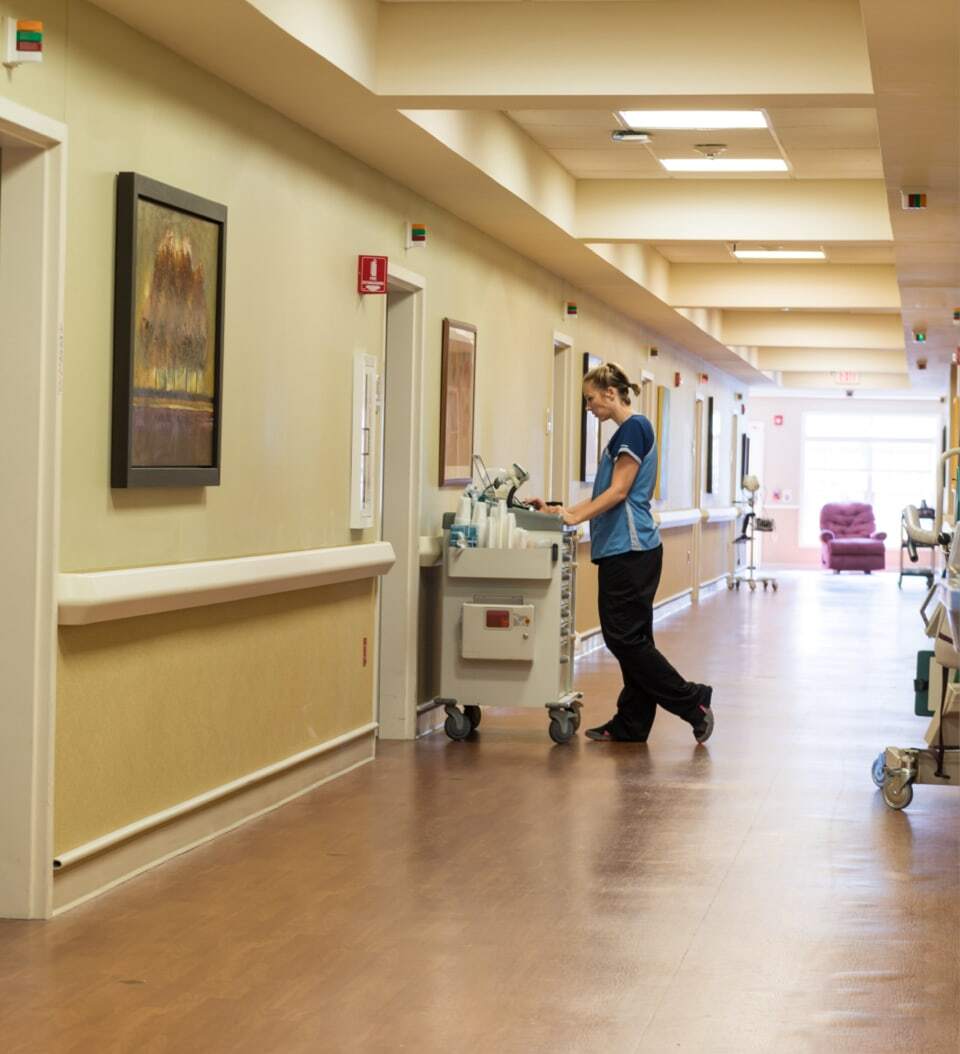Key Takeaways
- Respite care is temporary support that allows family caregivers to rest while seniors receive help with meals, activities, and daily routines.
- Families can use respite care for just a few days up to several weeks, with short-term stays often lasting around 1 month.
- It helps reduce caregiver stress, promote senior independence, support physical health, and strengthen family relationships.
- If you notice burnout, declining health, missed tasks, or even signs of loneliness, don’t ignore them; these are all signs it’s time for a change.
- Respite care offers balance by giving caregivers time to recharge while seniors enjoy safe engagement and consistent routines.
How Respite Care Supports Your Family
Caring for a loved one is a rewarding way to strengthen your bond. However, the stresses of caring for your loved one while managing your own life can quickly add up over time. Without the right support, you may be at risk of falling behind, and that can lead to burnout or worse. Fortunately, that’s where respite care comes in.
Respite care offers caregivers a chance to recharge while seniors continue to receive support in a safe and welcoming environment. Usually, families use respite care up to roughly 3 weeks to a month. This gives older adults a chance to enjoy life in a senior living community, but it also gives you time to slow down and focus on your own well-being.
What Is Respite Care and Who Is It For?
Respite care is a form of temporary care designed to give family caregivers a much-needed break. It can last from a few days to several weeks. During this time, your loved one receives assistance with daily activities, meals, and even social opportunities, depending on the program.
This type of care is often used by family caregivers balancing caregiving with work and parenting, or by spouses who provide support around the clock. By stepping in temporarily, respite care helps families stay steady in their caregiving roles.
How Long Can Your Family Use Respite Care?
The length of respite care depends on the type of program, funding, and individual needs. Some families choose to use respite care for as little as a few days, while others rely on longer stays that last a few weeks. On average, respite is designed as a short-term service, with timelines often sitting around 1 month.
This depends on the specific community in question. Some may have shorter or longer timelines, so it’s always worth reaching out to potential communities ahead of time.
The Benefits of Respite Care for Seniors and Their Families
Respite care offers numerous benefits for both caregivers and seniors. It’s not just about taking a break—it’s about improving the overall well-being of everyone involved.
Reduces Caregiver Stress
Caring for a loved one every day can lead to emotional and physical fatigue. Taking breaks helps caregivers regain energy and feel refreshed. It also provides time to focus on personal health, work, or family needs. Over time, scheduled breaks can prevent burnout and help caregivers continue providing quality support at home.
Promotes Senior Independence
Respite care isn’t just for caregivers. It also benefits your loved one significantly. Many respite programs encourage participation in activities, hobbies, or social groups. These opportunities help seniors maintain independence, try new routines, and feel engaged in daily life.
Supports Physical Health
Caregiving takes a toll on both the body and mind. Taking a step back allows families to recover physically while seniors stay active and safe. Respite can help with:
- Improved sleep quality for caregivers
- Lower stress-related health concerns
- Opportunities for seniors to exercise and stay mobile
- More consistent routines for daily wellness
While your loved one receives professional care, you can step back and take care of your own needs. This can be incredibly helpful for caregivers dealing with burnout.
Improves Family Relationships
When caregivers have the chance to rest, they often return more patient and relaxed. This strengthens the bond between family members and creates more positive interactions at home. Respite can also reduce tension in situations where long-term caregiving has caused stress, making everyday moments together more meaningful.

How to Tell If It’s Time for Respite Care
If you’re feeling overwhelmed or noticing changes in your loved one’s needs, it’s time for a change. All of these signs indicate the need for respite care.
Signs of Caregiver Burnout
Burnout isn’t a short-term problem, and without professional support, you could be putting your own health and well-being at risk. So, it helps to look for the earliest signs of burnout.
Some common signs include:
- Feeling irritable, fatigued, or frequently stressed.
- Struggling to balance caregiving with personal responsibilities.
- Losing interest in activities you once enjoyed.
Taking a break can help you regain balance and prevent long-term stress.
Increased Health Issues
Sometimes the stress of caregiving impacts the level of support you give your loved one. Watch for signs of things slipping, such as:
- Forgetting important appointments
- Overlooking medication schedules
- Less attention to household routines
If you notice these issues, it may be time to bring in short-term support.
Senior Shows Need for Engagement
Respite care is about helping your loved one. However, this isn’t just about professional care. Socialization has a significant effect on well-being, so pay attention if your loved one:
- Shows signs of isolation or loneliness
- Expresses boredom or a desire to try something new
- Is losing interest in things that once brought them joy
Respite care doesn’t just have to give you a break. Some older adults find value in trying a temporary stay in senior living to determine if they’d enjoy a more permanent solution.
Is It Time to Try Respite Care?
Caregiving is rewarding, but it comes with challenges that can’t be managed alone. That’s what makes respite care so valuable for seniors and their families. By giving yourself the opportunity to rest, you protect your health, strengthen relationships, and provide better long-term care for your loved one.
If you’re dealing with the strain of caregiving, you’re not alone. Our team at Kingston of Miamisburg is here to help you find a solution. Schedule a visit with our community today to learn more about how respite care can help.







